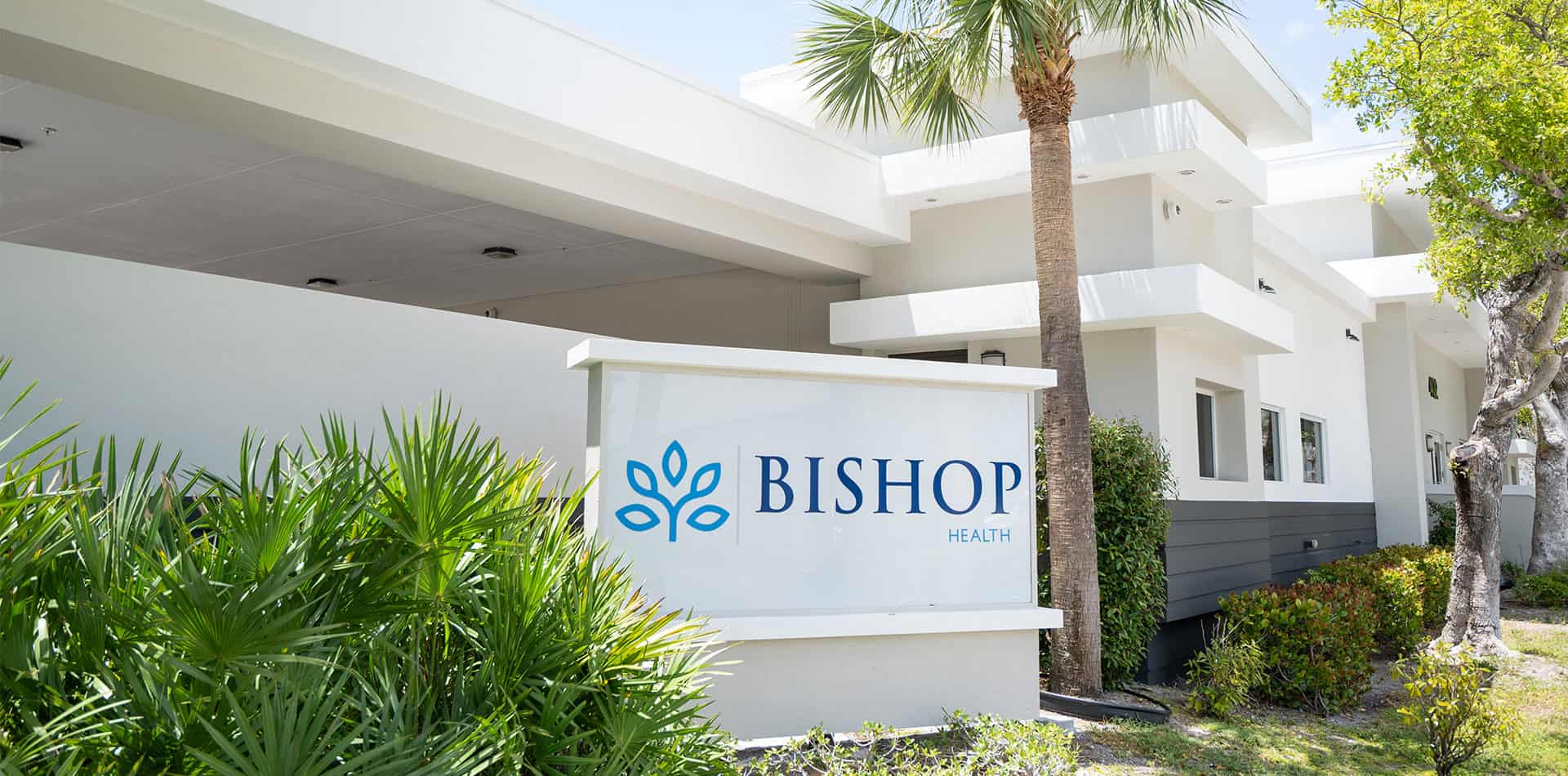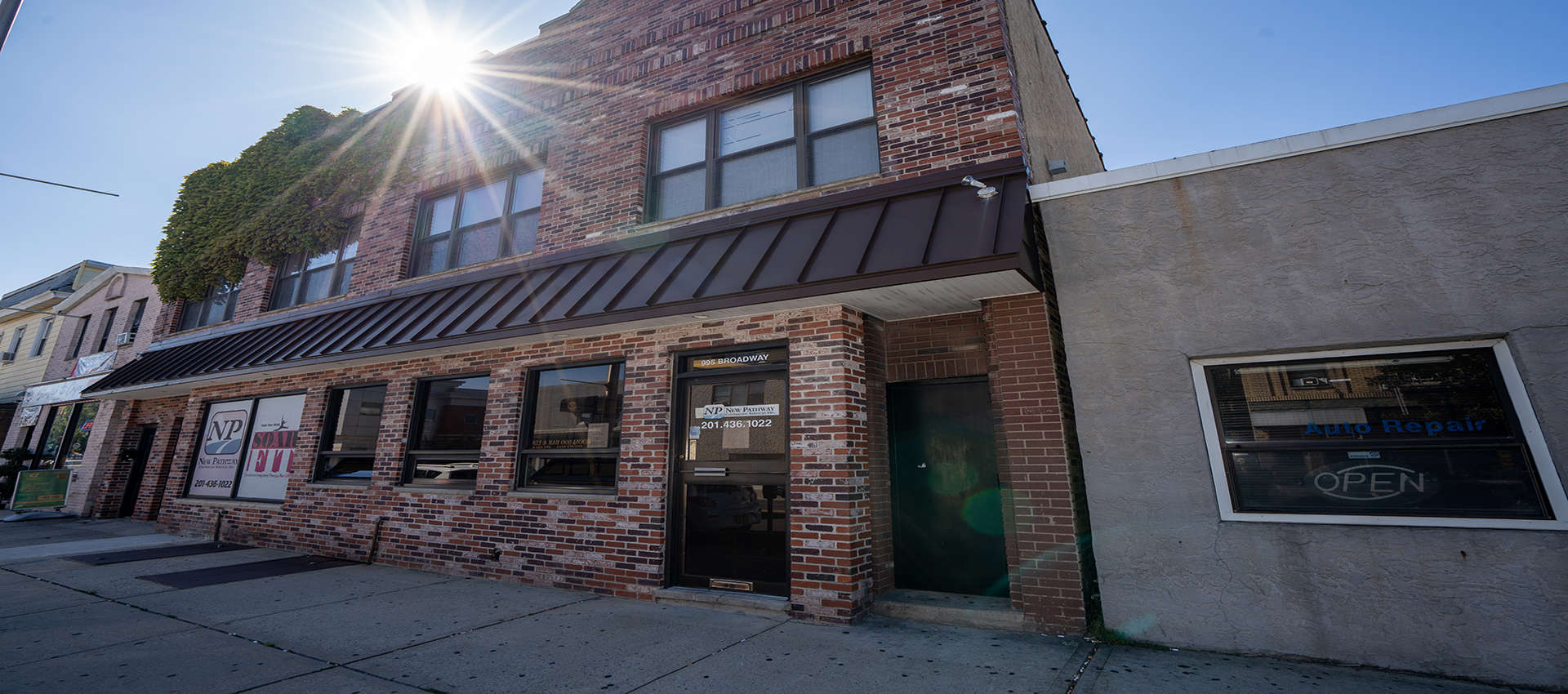Treatment for Post Traumatic Stress Disorder (PTSD)
What you will learn:
- What PTSD is and how it impacts your brain, body, and daily functioning.
- Why certain groups such as veterans, first responders, and childhood trauma survivors, experience PTSD differently.
- What makes Guardian Recovery’s PTSD different, with insight on our mental health IOP and comprehensive care model.
We Specialize In Mental Health Treatment
"*" indicates required fields
By selecting this checkbox and entering mobile number I agree to receive GR Support from Guardian Recovery Network Holdings LLC. Message frequency varies. Text HELP to 96909 for help, Text STOP to 96909 to end. Msg&Data Rates May Apply. By opting in, I authorize Guardian Recovery Network Holdings LLC. to deliver SMS messages using an automatic dialing system and I understand that I am not required to opt in as a condition of purchasing any property, goods, or services. By leaving this box unchecked you will not be opted in for SMS messages at this time. Click to read Terms and Conditions & Privacy Policy.
The sound of a door slamming. A certain smell in the air. The flash of headlights at night. For those living with post traumatic stress disorder (PTSD), ordinary moments can suddenly transport you back to your darkest times, leaving you feeling trapped in an endless replay of trauma.
As experts in PTSD and mental health care, Guardian Recovery understands that PTSD isn’t just about bad memories. It’s about how trauma rewires your entire system, affecting everything from your relationships to your ability to feel safe in your own skin.
But we also know something equally important: With the right support and treatment, you can learn to write a new chapter in your story. Our comprehensive PTSD treatment program combines cutting-edge therapy with compassionate care, helping you transform from a survivor treading water to someone who can swim freely again.
What is PTSD?
Helpful, Recovery
Resources
- What We Treat
- Recovery Tips
- Frequently Asked Questions
- Insurance Check
- Ask a Question
Signs and Symptoms of PTSD: Importance of Early Diagnosis
Signs of PTSD can be as unique as the individuals who experience them, but they typically fall into four main categories: intrusive symptoms, avoidance behaviors, negative changes in thoughts and mood, and alterations in arousal and reactivity. These symptoms can range from subtle to severe, and many people may not initially recognize them as related to trauma.
Common signs include:
- Intrusive memories or flashbacks; nightmares; sleep disturbances
- Distressing thoughts
- Avoiding places, events, thoughts, feelings, or objects that are reminders of the traumatic event
- Being easily startled; feeling tense, on guard, or on edge
- Difficulty concentrating
- Being irritable, angry, or aggressive
- Engaging in risky behavior
- Chronic pain, headaches, digestive issues
- Negative thoughts and emotions about oneself or the world
- Feelings of isolation
To meet the criteria for a PTSD diagnosis, symptoms must persist for a month or more and be severe enough to interfere with aspects of daily life.
Early intervention is crucial for preventing the development of additional complications such as depression, anxiety, or substance use. Without proper treatment, PTSD symptoms can become more entrenched and harder to address over time. Many of our clients report feeling relief simply from receiving an accurate diagnosis and understanding that their experiences are treatable. Through our comprehensive assessment process, we can identify not only the primary symptoms of PTSD but also any co-occurring conditions that may require attention.
Start Healing Today!
Choose recovery and take control of your life, it’s the path to a brighter future filled with health, happiness, and fulfillment.
Common Causes and Triggers
PTSD doesn’t follow a one-size-fits-all pattern; instead, it manifests differently based on the type of trauma experienced and the context in which it occurred.
PTSD in Veterans and First Responders
Military personnel and first responders face unique challenges when it comes to PTSD. The repeated exposure to life-threatening situations, human suffering, and moral injury creates a complex web of trauma that requires specialized understanding and treatment approaches.
Combat veterans may struggle with memories of battlefield experiences, while first responders might be haunted by the accumulated weight of countless emergency situations. The culture of strength and stoicism in these professions can make it particularly difficult to seek help, leading many to suffer in silence.
We understand the importance of maintaining professional identity while addressing trauma, and our treatment approaches respect the distinct challenges faced by these communities. Many of our clinicians have direct experience working with military and emergency service personnel, ensuring that our clients feel understood and supported throughout their recovery journey.
PTSD in Childhood
Childhood trauma creates unique challenges that often persist well into adulthood if left untreated. Whether stemming from abuse, neglect, witnessing violence, or experiencing a significant loss, early trauma can fundamentally alter a child’s developing brain and nervous system. These early experiences can shape how an individual forms relationships, manages emotions, and navigates the world throughout their life.
Adults carrying childhood trauma may struggle with trust, attachment, and self-worth issues that affect their current relationships and life satisfaction. Our treatment programs address both the historical trauma and its present-day manifestations, helping clients build new neural pathways and healthier coping mechanisms.
Substance Use and PTSD
The relationship between PTSD and substance use disorders is complex, with one condition often affecting the other. Many individuals turn to alcohol or drugs as a way to manage overwhelming emotions, intrusive memories, or sleep disturbances associated with PTSD. While these substances may provide temporary relief, they ultimately compound the problem and can lead to additional trauma experiences.
Our dual diagnosis program addresses both PTSD and substance use disorders simultaneously, recognizing that treating one condition while ignoring the other often leads to poor outcomes. We employ evidence-based approaches that help clients develop healthy coping mechanisms while processing their trauma. And our integrated treatment model ensures that all aspects of recovery are addressed cohesively, improving the chances of long-term success.
Complimentary Insurance Check
Find Out Today!
"*" indicates required fields
Does your insurance cover mental health?

Our Locations
Our Facilities & Teams Transform Lives
Changing lives by providing comprehensive support and rehabilitation, empowering individuals to overcome addiction and regain control of their health and well-being.
Guardian Recovery’s PTSD Treatment Options
Recovery from PTSD isn’t about finding a single solution. It’s about bringing together the right combination of treatments and support systems that work for you.
Intensive Outpatient Program (IOP)
As a standout service in the industry, our intensive outpatient program (IOP) for mental health represents a crucial middle ground between traditional outpatient therapy and residential treatment. The program features individual counseling once a week, psychiatry and medication management services monthly, and 3-hour group therapy sessions that meet 3 or 4 times per week.
The IOP curriculum combines evidence-based trauma treatments with practical skill-building exercises. Group sessions focus on trauma processing, emotion regulation, and interpersonal effectiveness, while also providing peer support. Our small group sizes ensure that each participant receives individual attention while benefiting from the shared experiences of others.
Individual Counseling
Our trauma-specialized therapists provide one-on-one sessions tailored to each client’s unique needs and circumstances. Using evidence-based approaches, therapists work collaboratively with clients to process trauma memories, develop coping strategies, and rebuild a sense of safety and control. Sessions typically occur weekly, with frequency adjustable based on individual needs and treatment phase.
Psychiatry and Medication Management
When appropriate, medication can play a vital role in PTSD treatment by helping to manage symptoms and create a stable foundation for therapeutic work. Our psychiatric team conducts thorough evaluations to determine if medication might be beneficial, considering factors such as symptom severity, co-occurring conditions, and individual preferences. Medication management is never a standalone treatment but rather part of a comprehensive care plan. Our psychiatrists work closely with therapists and other providers to monitor progress and adjust treatment as needed.
Cutting-Edge Treatment Options
At Guardian Recovery, we remain at the forefront of trauma treatment by incorporating innovative, evidence-based approaches alongside traditional therapies. As such, transcranial magnetic stimulation (TMS) and Spravato (esketamine) are part of our innovative treatment options. TMS is a non-invasive procedure that uses magnetic fields to stimulate nerve cells in the brain, reducing some mental health symptoms. Spravato, a fast-acting nasal spray, has shown promise in treating some treatment-resistant conditions, offering hope to those who have not responded to traditional therapies.
Coordinated Care
Our coordinated care approach sets Guardian Recovery apart from traditional treatment centers. We believe that effective PTSD treatment requires seamless communication and collaboration among all providers involved in a client’s care. Regular care team communication allows therapists, psychiatrists, case managers, and other specialists to discuss client progress, adjust treatment plans, and ensure all aspects of care are working in harmony.
Virtual PTSD Treatment
Recognizing that traditional in-person treatment isn’t accessible or appropriate for everyone, we’ve developed a robust virtual treatment program that maintains the same high standards as our in-person services. Our virtual offerings include online individual counseling, virtual intensive outpatient programs (IOPs) for mental health, and a hybrid in-person/virtual IOP option at some locations. Using secure, HIPAA-compliant technology, you can engage in group sessions, individual therapy, and skill-building workshops. Online mental health care is convenient, accessible, and just as effective as traditional in-person therapy. Plus, there’s no travel time to and from a counseling office or treatment center.
READY TO MAKE A CHANGE?
Your Next Steps
Take the Next Step
Beginning PTSD treatment is a courageous decision, and we’re here to make the process as smooth as possible. Your journey starts with a comprehensive assessment conducted by one of our trauma specialists. This evaluation helps us understand your unique experiences, symptoms, and treatment goals, allowing us to create a personalized care plan that addresses your specific needs.
To get started, reach out to speak with a member of our team. We’ll answer your questions, help you understand your treatment options, and even verify your insurance benefits and discuss self-pay options if needed. The call is free and confidential, and you’re under no obligation to enter care with us.
Your journey toward healing doesn’t have to begin with certainty. It just needs to begin with a single step forward. Let today be the day you choose to reclaim your life from trauma, knowing that Guardian Recovery’s entire team stands ready to walk beside you every step of the way.
FAQs
Unlike traditional mental health settings where providers work independently, our coordinated care model ensures all your providers—therapists, psychiatrists, and other specialists—work together as a unified team. They talk regularly to discuss your progress, adjust treatment plans, and ensure all aspects of your care are working in harmony. This approach eliminates the common frustration of having to coordinate between different providers or repeat your story multiple times. Many clients tell us this integrated approach helps them feel truly supported and understood for the first time in their treatment journey.
Research consistently shows that virtual treatment can be as effective as in-person care for many individuals. Our virtual program maintains the same evidence-based approaches and quality standards as our in-person services. Some clients actually prefer virtual treatment, finding it easier to engage from the safety and comfort of their own space. We carefully assess each client’s situation to determine if virtual treatment is appropriate and make adjustments as needed.
Thanks to the Affordable Care Act, most insurance plans provide full or partial coverage for PTSD treatment. Our insurance specialists will verify your benefits before treatment begins and provide a clear explanation of any out-of-pocket costs.
Co-occurring conditions are common with PTSD, and our treatment programs are designed to address multiple concerns simultaneously. During your initial assessment, we’ll identify all relevant conditions and create a treatment plan that addresses each one appropriately. Our integrated approach ensures that conditions like depression, anxiety, or substance use disorders are treated alongside PTSD, rather than in isolation. The treatment team regularly coordinates to monitor progress across all conditions.
We understand that beginning trauma treatment can feel overwhelming, and we honor each client’s readiness level. For those not prepared for intensive treatment, we offer stepped care options beginning with individual therapy. We can gradually increase treatment intensity as you feel more comfortable.
Sources
- National Institute of Mental Health. (2024). Post-Traumatic Stress Disorder.
- National Institute of Mental Health. (n.d.). Post-Traumatic Stress Disorder (PTSD).
Reviewed professionally for accuracy by:

Ryan Soave
L.M.H.C.
Ryan Soave brings deep experience as a Licensed Mental Health Counselor, certified trauma therapist, program developer, and research consultant for Huberman Lab at Stanford University Department of Neurobiology. Post-graduation from Wake Forest University, Ryan quickly discovered his acumen for the business world. After almost a decade of successful entrepreneurship and world traveling, he encountered a wave of personal and spiritual challenges; he felt a calling for something more. Ryan returned to school and completed his Master’s Degree in Mental Health Counseling. When he started working with those suffering from addiction and PTSD, he found his passion. He has never looked back.




